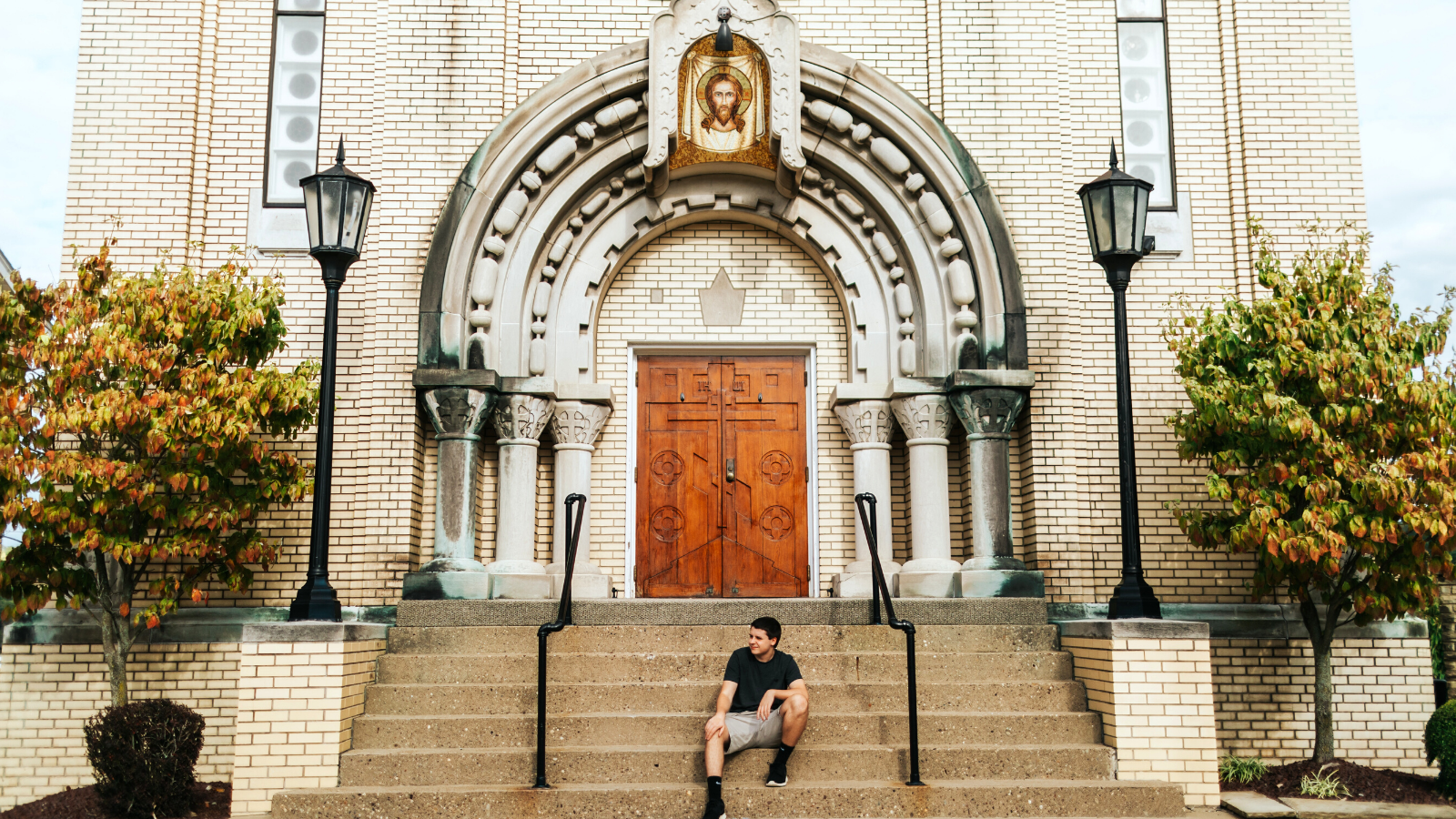As we approach All Saint Day, let me offer a few thoughts on holiness. One of the central affirmations of the Second Vatican Council was the universal call to holiness. This means, among other things, that holiness is not the preserve of a particular segment of the Church’s life, but that all baptized Christians are called to live holy lives. A good complement to this teaching on holiness was another point of emphasis in the Council: the dignity of the lay vocation. Called to holiness, lay people are to express that holiness by participating in the transformation of the world as members of families, as citizens, and in the workplace.
For all of that, holiness still carries with it a sense that, for most people, it is an unrealistic and unattainable ideal. The uneasiness is hardly assuaged when it comes to considering the holiness of the Church, which exists as one of her four principal marks (one, holy, catholic and apostolic). In light of the scandals that have marred the face of the Church in recent years and the sin that clings to its members, to speak of the Church as holy is to invite derision from all those who have eyes to see. At least it seems that way.
This apparent contradiction may be an incentive for us to push our reflection a little further. My own favorite treatment of this subject is in a book written by Emeritus Pope Benedict XVI, well before he became pope. Toward the end of Introduction to Christianity, an extended elucidation of the Apostles’ Creed, Ratzinger takes up the question of the Church’s holiness. One encounters in these pages not only a wrestling with the holiness of a decidedly “unholy” Church, but also a redefinition of holiness deriving from the mystery of the Incarnation.
To the former point, Ratzinger writes:
….the word “holy” does not apply in the first place to the holiness of human persons but refers to the divine gift that confers holiness in the midst of human unholiness… The holiness of the Church consists in that power of sanctification which God exerts in it in spite of human sinfulness.
To the latter point, Ratzinger turns to the ministry of Jesus, a source of scandal for those who see holiness as a strict separation from all sources of “contamination.”
On the contrary, this holiness expressed itself precisely as mingling with the sinners whom Jesus drew into his vicinity… Is the Church not simply the continuation of God’s deliberate plunge into human wretchedness; is it not simply the continuation of Jesus’ habit of sitting at table with sinners, of his mingling with the misery of sin to the point where he actually seems to sink under its weight?
To be a saint is to open ourselves to the sanctifying power of God’s love. Knowing ourselves to be borne up by that love, we in turn bear one another up. Far from a Promethean effort at self-overcoming, the way to holiness of life is supported, sustained and borne up by God’s preemptive love. It takes flesh in the faithful living out of our respective vocations.
